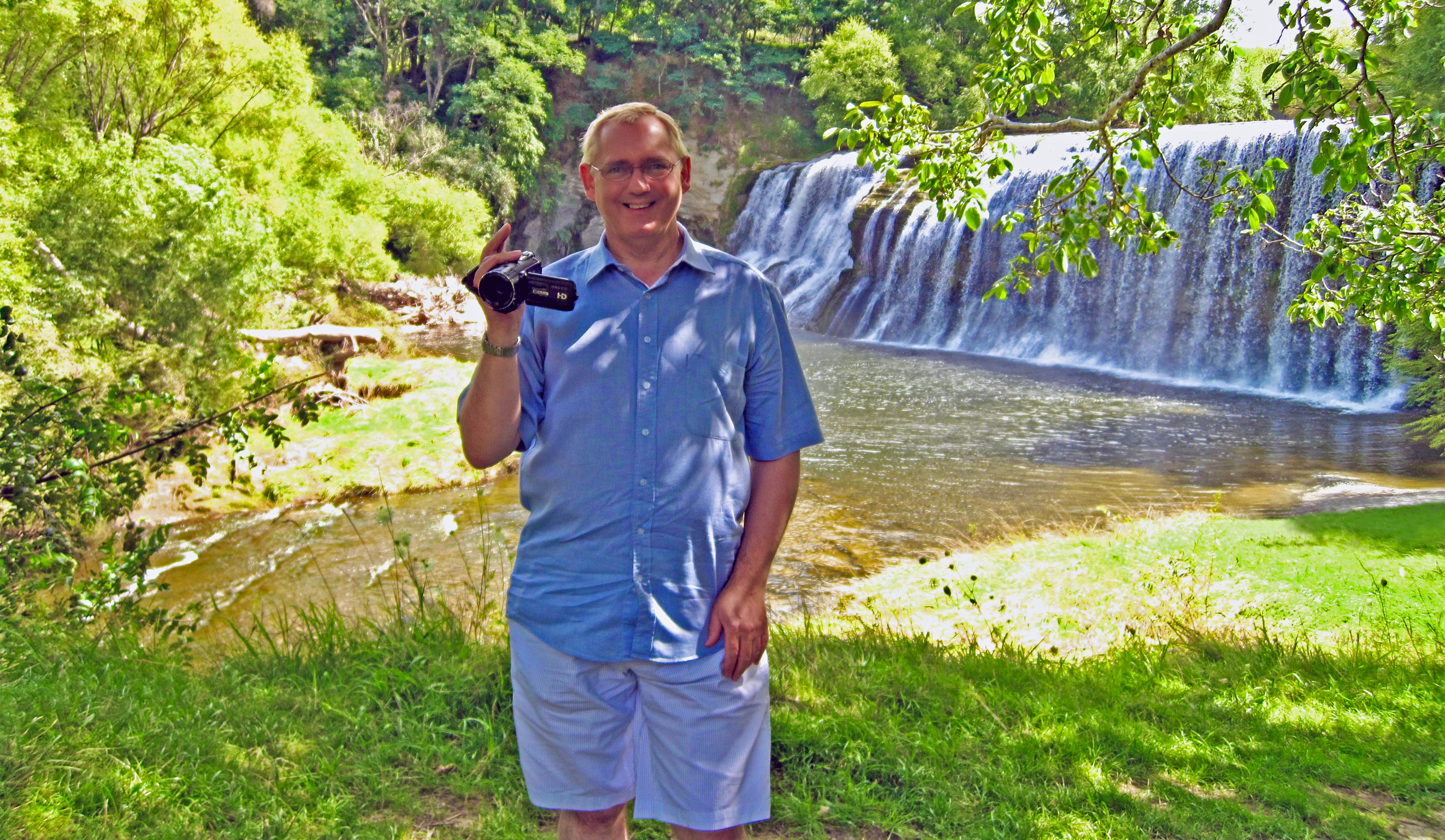Wonca
Progress Report on the Camboida Project Three Years On
14/04/13 17:18
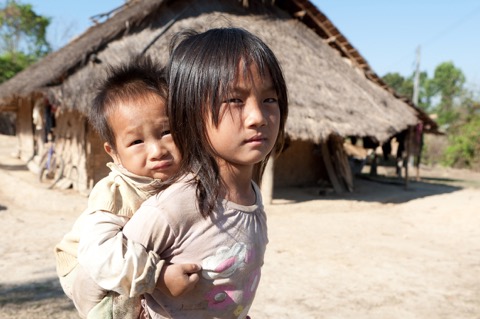
Almost three years on from receipt of the Wonca Foundation Award at the World Conference of Family Doctors in Cancun Mexico in May 2010, it is a good opportunity to take stock of the project and assess the steps required to ensure successful completion.
Whilst we started out working on the similarities with our project in rural Orissa, real progress has been achieved by looking at the unique problems which face rural Cambodia. The main point of difference has been the impracticability of the mobile open air clinics which were the cornerstone of our model for Orissa. I believe we now have an appropriate plan for the infrastructure of our device and we are anxious to put this into practice as soon as possible.
Changes in the economic climate have adversely impacted on the medical workforce, particularly in the voluntary sector and this has had a negative impact on our ability to deliver on our project goals. However, it is my sincere hope that increased funding from the proceeds of the recently announced charity premiere of Amiri & Aroha, together with a proposed IndieGoGo campaign, will help to secure a sustainable facility for generations to come.
Over the next few days I will be preparing a report for the World Organization of Family Doctors (Wonca) and will post my repost on this plog shortly.
Amiri & Aroha to help children in Cambodia
12/04/13 23:58
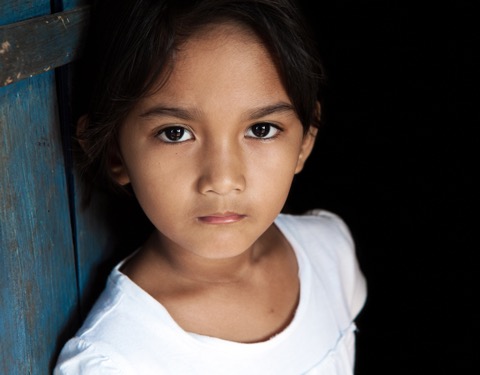
I am delighted to announce that we plan to have a gala charity premiere for the Amiri & Aroha trilogy, the proceeds of which will go to support my project to develop family medicine in Cambodia.
I have highlighted the extreme need of the project community and the difficulty we have had in funding the project, despite the generous support of the World Organization of Family Doctors (Wonca). I mentioned in a previous post that we hope to use the experience I have gained with crowd funding for Amiri & Aroha to launch an IndieGoGo campaign for the Cambodia project. It is particularly rewarding to find a direct was for Amiri & Aroha to help the project through a gala premiere!
Funding for a better world
09/03/13 13:12
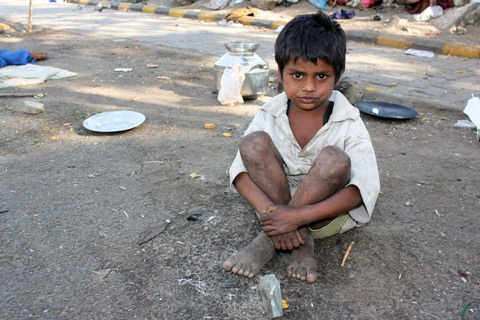
When we began developing the Cambodia project, the key element from the Orissa project that we wanted to replicate was the ability to reach as many people as possible with minimal set up costs. We planned open air mobile clinics which would provide the most accessibility to those in need without draining our precious resources.
This has proven particularly difficult to achieve in the project community in Cambodia. With the passage of time since the Orissa project, there have been many changes in the international medical workforce and particularly to the voluntary sector. We had hoped that the legacy of the Orissa project would be a sustainable model for other regions of extreme need.
So I am currently working with a group of Cambodian professors of general practice on a new model which will hopefully meet the community’s needs. We will need to look at new approaches to funding if the project is to be viable for the long term. I am planning to use the experience I have gained in crowd funding with my films and launch an IndieGoGo campaign to raise funds for the project.
The project community is amongst the most disadvantaged on our planet. It is hard to envisage a more deserving cause!
Understanding the needs of a community - Cambodia Project Update
18/02/13 13:46
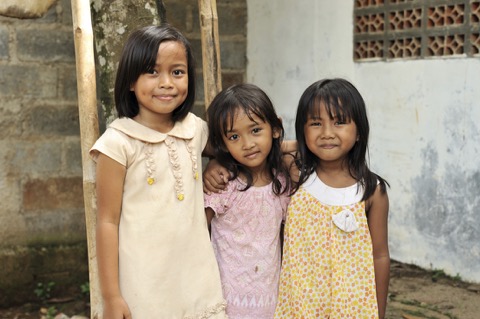
Our current priority in developing the Cambodia project is to accurately identify the health needs of the project community.
We have found significant differences in the morbidity pattern in the Samrong Tong area population compared with the Orissa community on which the project healthcare model is based. That is why it is vital that we have as many local health care professionals as possible in the field who can develop and shape our project model to truly address the health needs of the community. As previously reported, this has proved particularly difficult, especially in the current economic climate. We have a recruitment drive in progress and hope to redefine the project aims and structure with the input of the team in the field.
We feel a sense of urgency in progressing this work. The children of the project area are amongst the most disadvantaged on our planet.
Progress on my Project to Develop Family Medicine in Cambodia
05/02/13 23:10
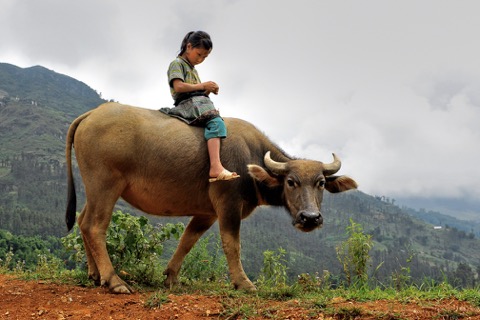
A Cambodian girl contemplates her lot in life on top of a water buffalo.
I began the project to develop family medicine in rural Cambodia at the request of a group of professors of general practice in rural Cambodia who were keen to use the model we had developed in India. Initial research suggested striking similarities in the health needs of the project area in India and the proposed communities in Cambodia. Our plan was to again use open air mobile clinics to reach a maximum number of people with minimal set up costs.
Regrettably, many of the factors which worked so strongly in our favour in India are proving obstacles in Cambodia. Securing access to suitable sites for the mobile clinics and most significantly recruiting local medical staff is difficult. I have a great team of enthusiastic volunteers, but for the project to be sustainable, it is essential that the service is provided by local health professionals. We are working on incentives and a recruitment campaign so that we can address this issue.
The Samrong Tong region is one of the poorest in Cambodia with many children below the absolute poverty level. It is vital to improve the health and quality of life of some of the most disadvantaged people on our planet.
An Update on My Project to Develop Family Medicine in Rural Cambodia
18/08/11 00:17
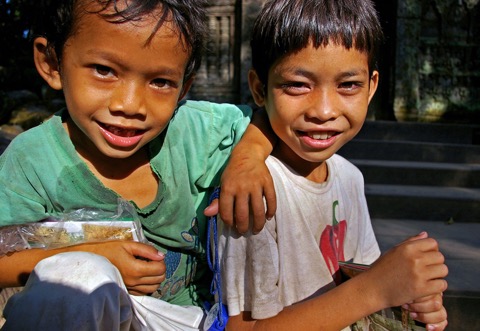
My project to develop family medicine in rural Cambodia is at an exciting stage. After a number of delays and false starts, I am eager to progress the project as quickly as possible. Unfortunately, we lost some key people early in the project who have been difficult to replace. I am now working on recruitment of a local team of health professionals to staff the fledgling project. Happily this is now starting to come together. The people in the project area are well below the absolute poverty level and their need is desperate. I do not want to lose any more time getting the work underway.
Getting Organized for the Project
06/05/11 18:27
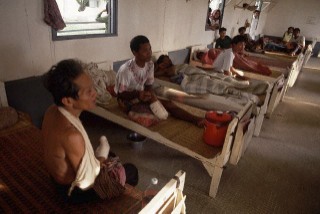
My life over the past couple of years has been taken over by production of my film Amiri & Aroha. Now that the film trilogy is nearing completion, it is time to progress my project to develop family medicine in rural Cambodia.
Things have been going on in the background during my hectic shooting schedule. I have been in email contact with key team members in Cambodia and have been video conferencing with the Cambodian professors of general practice who will be leading the project. Our next task is to develop a time frame for the project. The first stage is to develop a network of mobile community clinics to enable immediate access to those in greatest need with minimal set up costs. I will be reporting on progress over the next few weeks.
Introduction to the Cambodia Project Podcast
24/01/11 18:00
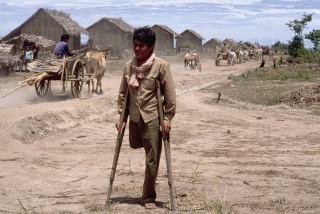
I am most grateful to Wonca for supporting this project to develop family medicine for an area of extreme need in Rural Cambodia.
The project developed following my previous work in rural India, which was also supported by a Wonca Foundation Award.
Following successful completion of the Orissa project, a number of Cambodian professors of general practice approached me about using the same model for Cambodia. We developed an infrastructure for family medicine in Orissa, starting with open air clinics to reach a maximum number of people with minimal set up costs, which we believe will also be an effective starting point in Cambodia.
This “podcast” will bring you regular updates on the project and through photos, video and audio I hope it will provide a true flavour of our work!
Wonca Foundation Award
22/05/10 18:22
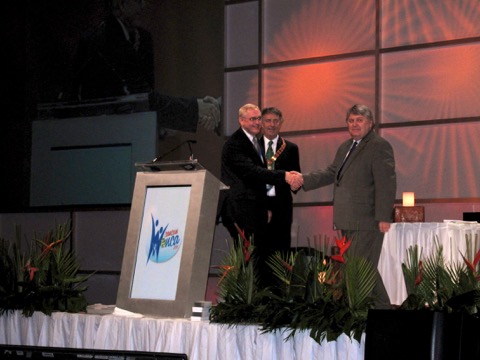
It was a tremendous moment for me to receive the Wonca Foundation Award in support of my project to develop family medicine in rural Cambodia at the Wonca awards ceremony at the Cancun Conference.
I had previously won a Wonca Foundation Award in 1998 to support my project in Orissa state in India. The project proved very successful in bringing family practice to an area of extreme need.
I feel extremely fortunate to have secured funding for the two projects closest to my heart, this project with the chance to make a real difference to a community in Cambodia and my new film Amiri & Aroha.
Wonca Working Party on Rural Practice
19/05/10 18:18
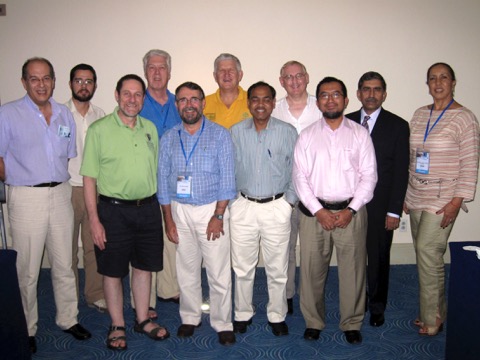
We had a two day meeting of the Wonca Working Party on Rural Practice immediately prior to the 19th Wonca World Conference of Family Doctors in Cancun, Mexico.
It was wonderful to catch up with so many old friends and hear their stories and their journeys in rural family practice.
The Working Party is an amazing group of committed family physicians, with a single vision to “change the world” by improving the health status of rural communities worldwide.
Writing a Proposal for the Wonca Foundation Award
02/01/10 20:45
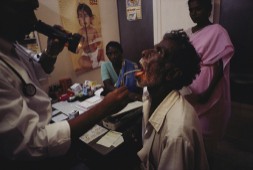
Since my project to develop family medicine in rural India, I have received many requests to work on similar projects, particularly in South East Asia. I have done some work with a group of professors of family medicine from Cambodia about a project in Samrong Tong, an area of extreme need in Northern Cambodia. My work as Deputy President of the RNZCGP has not allowed me time to pursue this further, but now that my term of office with the RNZCGP is concluded, I would like to progress this work.
My work in Orissa was supported by a Wonca Foundation Award and today I am getting a proposal together for the Samrong Tong poject.
